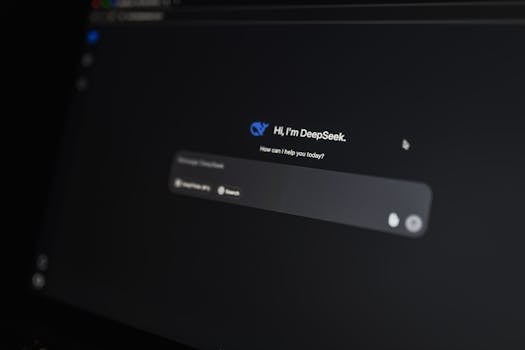The integration of blockchain technology into online gambling is transforming the landscape, offering enhanced security, transparency, and fairness. This article delves into how blockchain technology is being utilized in online gambling, evaluates its advantages and disadvantages, and provides practical examples of its application.
Introduction to Blockchain in Online Gambling
Blockchain technology, initially developed for Bitcoin, utilizes a decentralized system spread across numerous computers to manage and record transactions. For online gambling, blockchain promises to revolutionize game management, monitoring, and play, enhancing player trust and security.
Main Approaches and Solutions
- Decentralized Gambling Platforms
- These platforms operate without a central authority, minimizing potential manipulation. Online casinos running entirely on blockchain allow game outcomes to be transparently verified on the blockchain, fostering trust among participants.
- Smart Contracts
- These contracts execute transactions autonomously when predefined conditions are met, minimizing human error or bias. This feature is especially beneficial for ensuring fair and timely payouts.
- Provably Fair Games
- Blockchain enables the verification of game fairness by all parties using cryptographic methods, allowing players to verify the randomness and fairness of all game outcomes themselves.
- Advantages
- Enhanced Security: The decentralized nature of blockchain significantly lowers the risk of fraud.
- Increased Transparency: All transactions are verifiable, ensuring transparency.
- Fairer Games: The use of provably fair protocols guarantees the fairness of games.
- Reliable Payouts: Faster and more dependable payouts due to smart contracts.
- Disadvantages
- Volatility Issues: The high volatility of cryptocurrencies can impact betting values unpredictably.
- Regulatory Challenges: Varying regulations across jurisdictions can complicate adoption.
- Technical Barrier: Both users and operators must possess a certain level of technical knowledge to effectively engage with blockchain-based platforms.
- Etheroll
- This platform allows players to bet on the outcome of a virtual dice roll using Ethereum, with all results being transparent and recorded on the Ethereum blockchain.
- FunFair
- Leveraging its token (FUN) and blockchain technology, FunFair provides a secure, transparent, and fair online casino experience, ensuring player trust and operational efficiency.
Comparing Advantages and Disadvantages
Practical Examples
Conclusion and Recommendations
Blockchain's integration into online gambling enhances crucial aspects such as security, fairness, and transparency, which are vital for the success of any gaming platform. However, potential users must be aware of issues like cryptocurrency volatility and regulatory hurdles. For novices, it is advisable to start with established, reputable platforms known for their security and transparency.
As blockchain technology continues to evolve and gain acceptance, its role in online gambling is expected to expand, providing significant opportunities for industry stakeholders to enhance their offerings and remain competitive in the digital era. Adopting blockchain may well be a strategic move for forward-thinking gambling enterprises.

.png)





